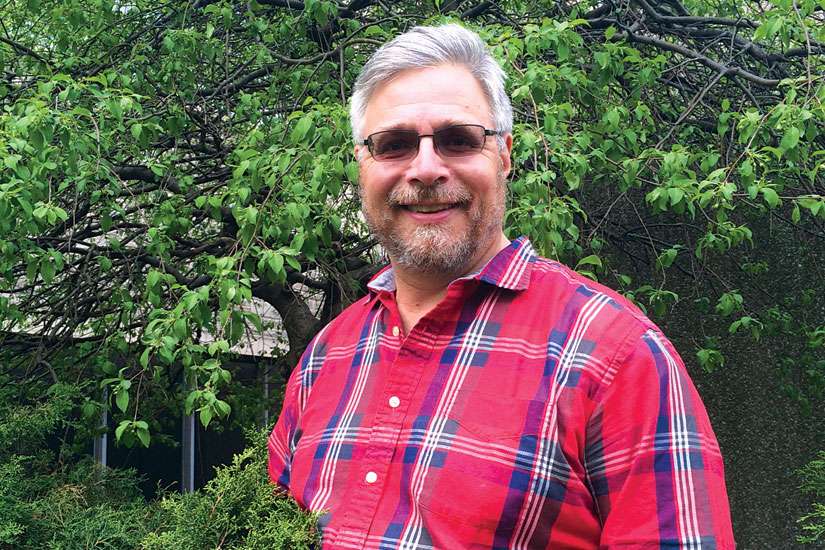Wycliffe College at the University of Toronto is offering that opportunity with a new course called Creation Care in the City.
Stephen Scharper is leading the five-day course in Hamilton, Ont. Scharper, an associate professor in anthropology at the University of Toronto Mississauga and the School of Environment, said the course is an extension of an existing course Wycliffe offers called Theology and Development.
“(Wycliffe College) was looking at Hamilton as a post-industrial or industrializing community,” he said. “So they were interested in how people of faith are responding to that, but they’re also interested in the integration of ecology.”
Scharper said the course will look at groups and ideas that integrate ecology in social faith and justice. Faith leaders in the Hamilton community, including Hamilton Bishop Douglas Crosby, will talk about what their faith communities have been doing to address climate change.
“The course will explore how this option for the poor and option for the Earth are being melded together in practice and in theory,” said Scharper.
“So with this big encyclical that’s going to be coming out soon, we’ll perhaps talk about how the environmental crisis often runs along the same fault lines as social, political, economic and racial oppression, so the Catholic social teaching on justice is also being related to Catholic social teaching on ecology.”
Representatives from A Rocha Canada, a Christian environmental organization, will also be guest speakers for the course. The class will be visiting community gardens and community-supported agriculture and looking at these works through a faith perspective.
The class runs from May 25 to 29 with lectures in the morning and students gaining practical experience in local initiatives in the afternoon. Scharper said the practical portion of the course is important to show the ideas being studied can be immediately implemented into a community setting.
“They are ideas that don’t simply rest in theological texts or in bishop statements. They are actually being implemented in the Earth, on the ground,” he said. “When we see people enacting these values, it gives us great hope and it’s a great antidote to cynicism.”
The course is open to students, urban planners, church leaders, community leaders and anyone who may be interested in looking at environmentalism through the lens of faith.
Scharper said the course has garnered plenty of attention from people outside of Hamilton, including the United States. Wycliffe College is looking at creating different permutations of the course in the future, such as evening classes or online classes.
“My hope is that this (course) becomes a transformative experience for everyone involved,” said Scharper. “I hope that this will be motivational and not paralysing when we look at the environmental crisis, but also that we will be transformed into an invitation to develop a new and loving relationship with creation.”
To register, contact Wycliffe College’s admissions office at (416) 946-3526 or e-mail admissions@wycliffe.utoronto.ca.


